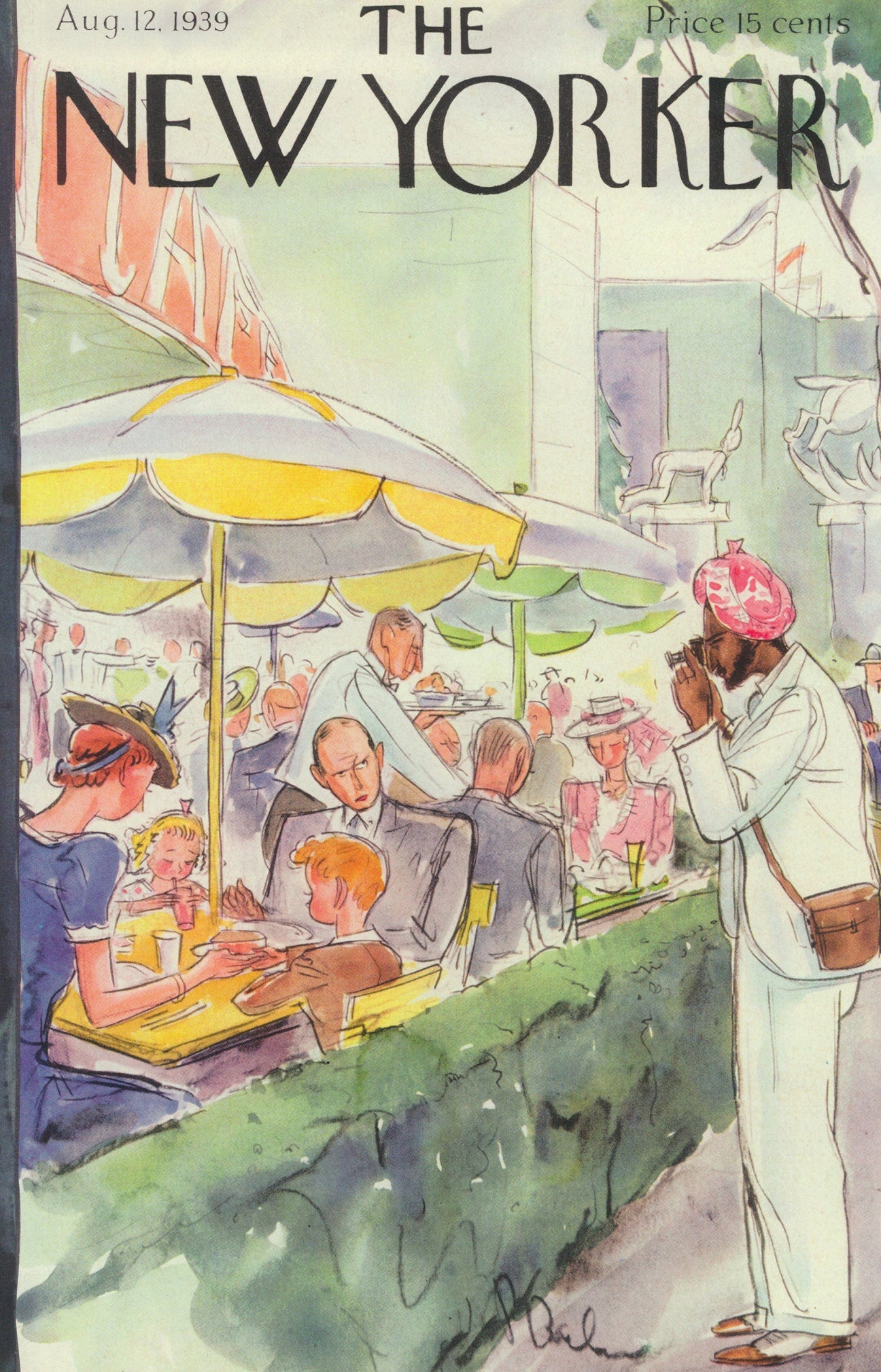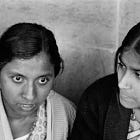The Tragic Murder of Sara Sharif: How Violent Discipline is Normalized in South Asian Cultures
Words by Vishavjeet Dhaliwal
Welcome to the Brown History Newsletter. If you’re enjoying this labor of love, please do consider becoming a paid subscriber. Your contribution would help pay the writers and illustrators and support this weekly publication. If you like to submit a writing piece, please send me a pitch by email at brownhistory1947@gmail.com.
Don’t forget to check out our SHOP and our Podcast.

The Tragic Murder of Sara Sharif:
How Violent Discipline is Normalized in South Asian Cultures
On August 10th 2023, British police received a call from Islamabad airport in Pakistan. The man on the other end of the line sobbed as he made a shocking confession. “I killed my daughter. I legally punished her, and she died. It wasn’t my intention to kill her, but I beat her up too much,” he said, claiming he only meant to punish her for being “naughty”. “I’m a cruel father,” said Urfan Sharif, who had just flown back home with his brother, wife and five other children.
Surrey Police visited their home in Woking, England, where they found the body of ten-year-old Sara Sharif, lying under the covers of her bed. The post-mortem revealed that Sara had been extensively beaten - in addition to a traumatic head injury and at least 25 broken bones, her body was covered in bruises, bite marks, and burns. Various instruments of torture were found around her home, including a bloodied cricket bat, metal pole, and plastic bags fashioned into hoods.
After returning to the UK following a manhunt in Pakistan, the three family members faced a lengthy court case that concluded in December 2024. Urfan Sharif and Sara’s stepmother Beinash Batool were sentenced to life in prison, with Sharif attempting to shift the blame to his wife during the court proceedings. Meanwhile, Sharif’s brother Faisal Malik received a 16-year sentence for allowing the death of a child.
This tragic murder had numerous shocking aspects, but one of the most disturbing is that Sharif and Batool felt justified to beat Sara in their attempt to discipline her for ‘bad’ behaviour. Worse still, Sharif’s violence towards Sara was strongly suspected by her school and the local authority, but still nothing was done to protect her.
Hitting children is a common occurrence in South Asian parenting, whether back home or in the diaspora. We’ve all made jokes about our mothers beating us with slippers when we were children, or listened to our fathers telling us they were regularly hit by teachers. How has violence towards children become so normalised in our community? And how did a culture of silence around violent punishment contribute to the brutal death of a little girl?








